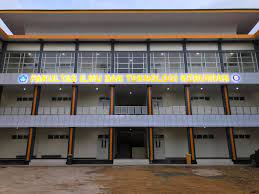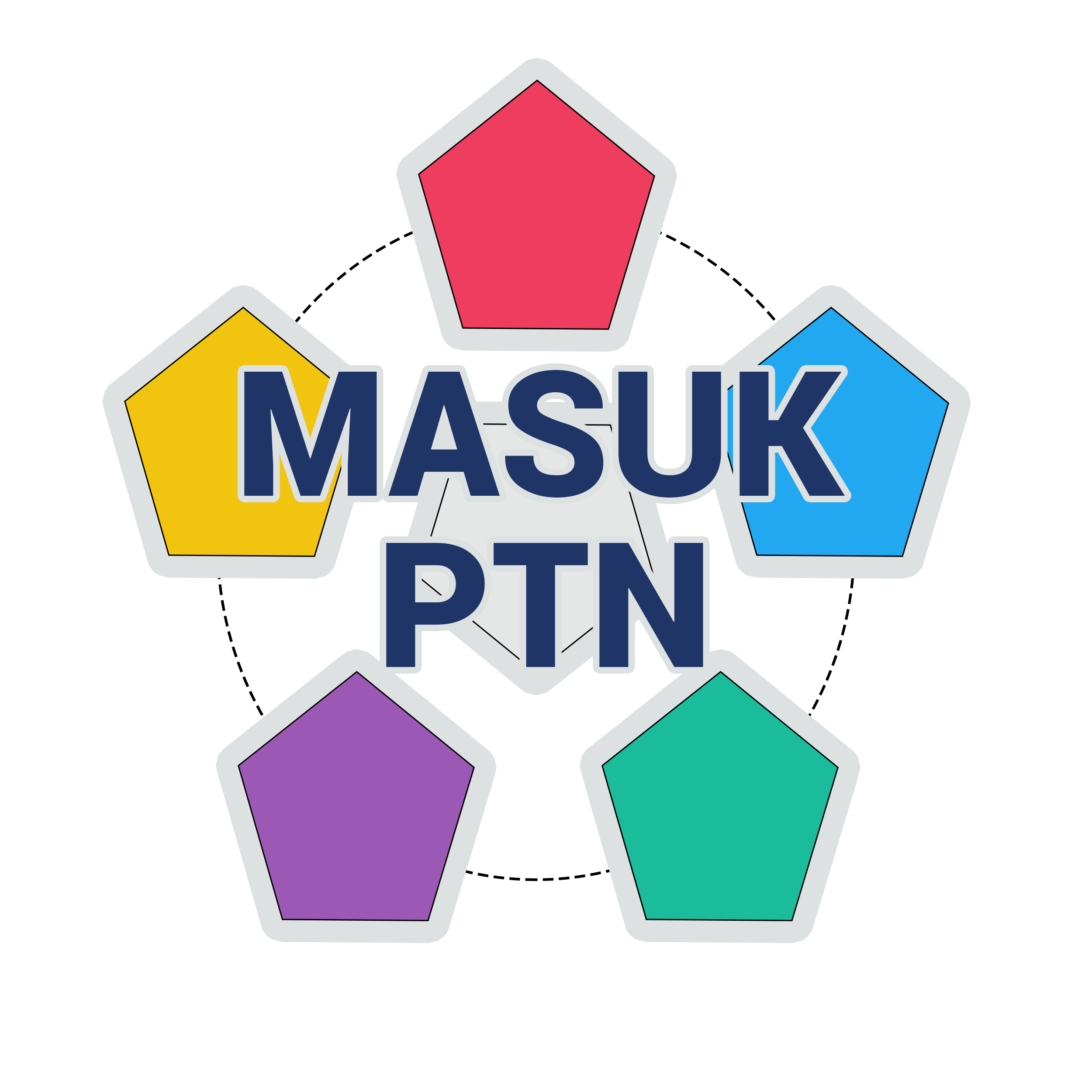SEJARAH
Fakultas Ilmu dan Teknolgi Kebumian Universitas Halu Oleo merupakan fakultas pertama di Provinsi Sulawesi Tenggara yang berorientasi pada pengelolaan dan pengembangan sumber daya kebumian. Sebagai salah satu daerah yang memiliki potensi sumber daya alam yang melimpah Provinsi Sulawesi Tenggara dituntut untuk memiliki sumber daya manusia yang dapat mengelolah potensi daerah dengan sebaik-baiknya.
Cikal bakal pendirian Fakultas Ilmu dan Teknolgi Kebumian berawal pada pembentukan konsentrasi kebumian yang bernaung di bawah Jurusan Fisika, Fakultas Matematika dan Ilmu Pengetahuan Alam. Pembukaan konsentrasi ini dimaksudkan untuk mempersiapkan pembentukan program studi guna menyiapkan lulusan yang menguasai ilmu kebumian, khususnya sektor pertambangan yang merupakan potensi andalan daerah Sulawesi Tenggara. Pada tanggal 28 Maret 2011, Gubernur Sulawesi Tenggara memberikan rekomendasi Nomor 421.4/1084 tentang pendirian Program Geofisika, Geologi, Geografi, Teknik Pertambangan, dan Sosial Ekonomi Pengelolaan Tambang di UHO yang akan mengarah pada pembentukan Fakultas Ilmu dan Teknologi Kebumian.
Pada Tahun 2013 berdasarkan Surat Penugasan (mandat) penyelenggaraan dari Direktur Jenderal Pendidikan Tinggi, Kementerian Pendidikan dan Kebudayaan Republik Indonesia Nomor: 677/E.E2/DT/2013 tanggal 18 Juli 2013. Surat penugasan ini ditindaklanjuti dengan izin operasional penyelenggaraan program studi berdasarkan Keputusan Menteri Pendidikan dan Kebudayaan Republik Indonesia Nomor 865a/UN29/PP/2013 tangga 23 Juli 2013 tentang Penetapan Penyelenggaraan Program Studi Mandat di Lingkungan Universitas Halu Oleo. Diantara program studi tersebut adalah Program Studi Teknik Geofisika, Teknik Geologi, Geografi, Teknik Pertambangan yang berada di bawah Jurusan Fisika, Fakultas Matematika dan Ilmu Pengetahuan Alam (FMIPA) UHO.
Penempatan keempat program studi kebumian pada Jurusan Fisika didasari oleh alasan yang sangat mendasar yaitu karena motor penggerak berdirinya keempat program studi tersebut berasal dari para dosen di Jurusan Fisika yang mempunyai spesifikasi keahlian di bidang ilmu-ilmu kebumian. Seiring dengan pertumbuhan dan minat maka pengelolaan keempat program studi tersebut selanjutnya dioptimalkan dalam bentuk fakultas tersendiri yaitu Fakultas Ilmu dan Teknologi Kebumian yang selanjutnya disingkat FITK, berdasarkan Surat Keputusan Rektor UHO Nomor 2145a/SK/UN29/PP/2014.
PROGRAM STUDI
VISION
In 2024, it will become a center of education and development of earth science and technology that is oriented towards the management and utilization of natural resources by producing creative and innovative excellent human resources with a comprehensive level of intelligence.
MISSIONS
-
Developing education based on national and/or international collaborative research by utilizing advances in information technology thus graduates are able to compete and adapt in the regional and/or global arena;
-
Developing superior research oriented to the management of natural resources in coastal, marine, and rural areas, as well as publication and acquisition of intellectual property;
-
Applying research results and publications with national and/or international standards for the welfare of institutions and society, as well as the advancement of earth science and technology;
-
Strengthening a transparent, accountable, and credible faculty governance system so as to be able to provide excellent, high-quality education services;
-
Developing student potential in spirituality, reasoning, sports, arts, culture, and entrepreneurship that support comprehensive intelligence to build an academic atmosphere; and
-
Developing a clean, beautiful, fresh, safe, honest, fair, mutual cooperation, adaptive, disciplined, creative, innovative, tolerant and trustworthy faculty atmosphere to support the implementation of the Tridharma of Higher Education (education and teaching; research and development; community service).
STRATEGIC OBJECTIVES
-
Creating graduates who are competitive and adapt regionally and/or globally;;
-
Producing excellent research oriented to the management of natural resources in coastal, marine, and rural areas, as well as publication and acquisition of intellectual property;
-
Applying research results and other excellent intellectual products for the welfare of institutions and society, as well as the advancement of earth science and technology;
-
Strengthening a transparent, accountable, and credible faculty governance system so as to be able to provide excellent educational services;
-
Educating students with character and entrepreneurial spirit, who support comprehensive intelligence to build an academic atmosphere;
-
6. Creating a clean, beautiful, fresh, safe, honest, fair, mutual cooperation, adaptive, disciplined, creative, innovative, tolerant and trustworthy faculty atmosphere to support the implementation of the Tridharma of Higher Education (education and teaching; research and development; community service).
TARGET STRATEGIES
-
Increasing competitive and adaptative graduates in the regional and/or global arena;
-
Increasing number of publications and acquisition of intellectual property rights;
-
Increasing research results and other excellent intellectual products that are applied to the welfare of institutions, society and the advancement of science and technology;
-
Achieving a better governance system;
-
Increasing the potential and achievements of students in the fields of spirituality, reasoning, sports, arts, culture, and entrepreneurship;
-
Increasing awareness of the academic community towards a clean, beautiful, fresh, honest, mutual cooperation, adaptive, disciplined, creative, innovative, tolerant and trustworthy campus environment as well as the availability of public service facilities and infrastructure.

 MASUK PTN
MASUK PTN